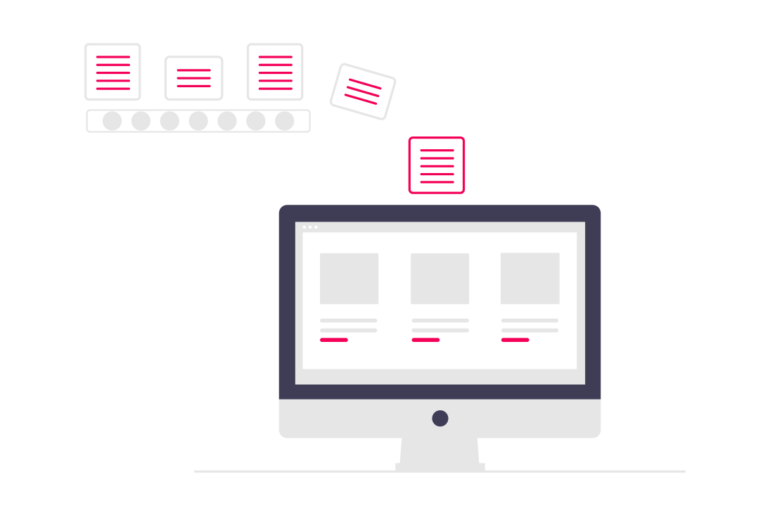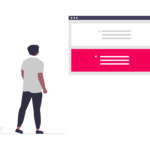Data is becoming more and more important in today’s world. As such, it is critical to have a platform that can help you manage your data effectively. Here are the Top 7 Data Management Platforms that you should consider using in 2023.
According to Experian, 83% of businesses see data as an integral part of forming a business strategy, and yet only 29% of them have a formal data strategy.
This leaves a major gap between what companies know they need to do and what they are actually doing. In order to close this gap, businesses need to start taking data and management more seriously and invest in the resources necessary to make data-driven decisions.
Data management platforms provide insight and data to marketers on their customers and make it easier for marketers to segment and target their customers.
A DMP is often the starting point for marketers who want to use first-party data to support their customer analytics, CRM, and marketing automation efforts.
So if you’re someone who’s been pondering upon the decision of what data management platform to choose, here’s the list of the top 7 DMPs you can use. Take a look.
Also Read: What is a Data Management Platform? A Guide For Publishers

7 Best Data Management Platforms
While the digital advertising ecosystem is brimming with several DMPs, we have selected the best data management platforms available. These include:
1. Adobe Audience Manager
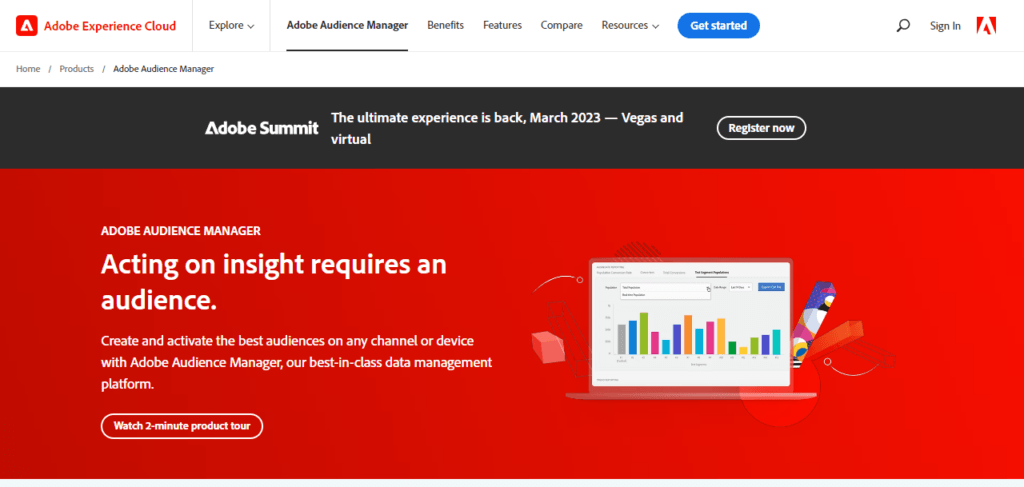
Audience Manager (AM) is the most comprehensively designed data management platform available for publishers. Some of the features it offers are:
- Featuring a next-generation Connected Data Platform, AM can gather and merge information about a customer from practically any source.
- Enhanced insights about consumer behaviour, browsing and buying patterns, etc.
- Real-time information about changing consumer browsing patterns.
Despite these benefits, Audience Manager is more expensive than other data management platforms. Therefore it’s not affordable for small to medium-sized publishers. Furthermore, it’s also more technical, which requires a considerable amount of time to get the most out of the product.
2. Lotame
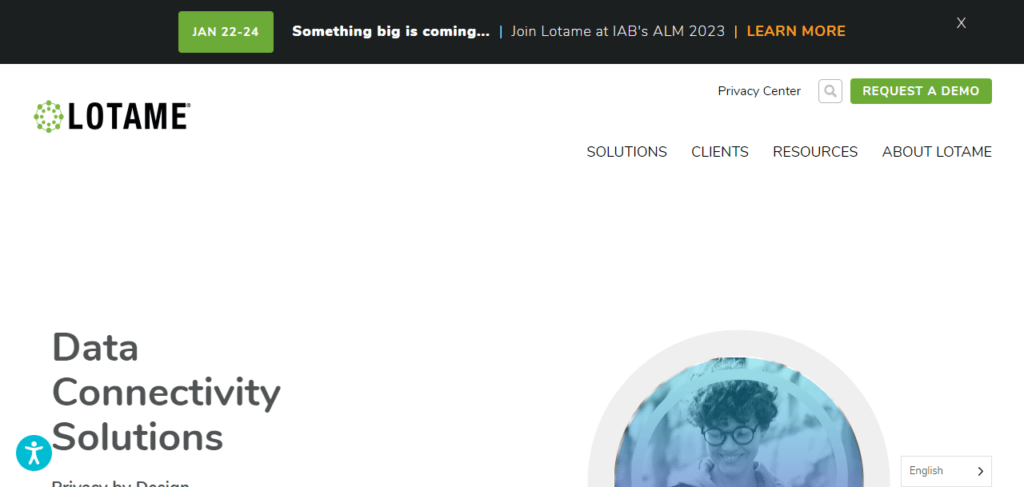
Unlike other DMPs, Lotame is an independent data management platform. It can be integrated with any new technologies, thus flexible in nature. Some of the features offered by the Lotame data management platform are:
Enhanced audience segmentation.
- This is Lotme’s best feature, which helps in identifying the best leads.
Flexibility
- Publishers can integrate Lotame with all major platforms, including ad servers, BI tools, DSPs, SSPs, and others.
Flexible Price
- Flexible pricing is something that allows publishers to only pay for customized solutions, allowing them to save money.
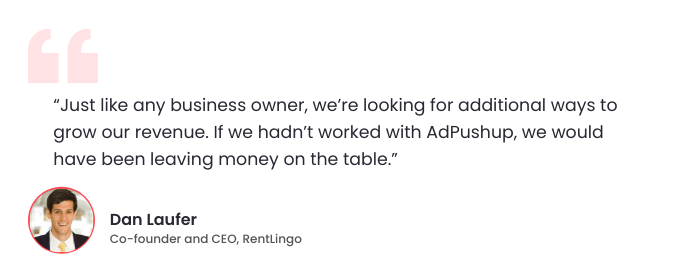
3. Oracle’s BlueKai
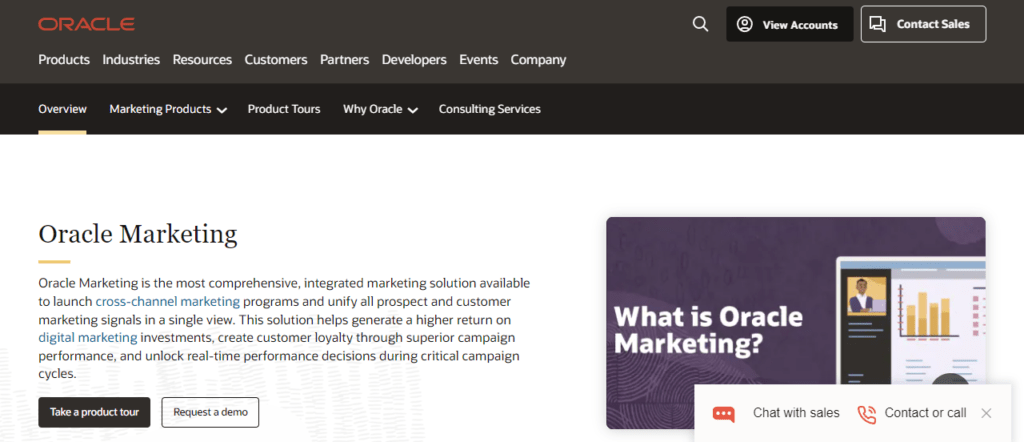
BlueKai is regarded as the world’s top big data management platform. BlueKai has a variety of features that help publishers properly segment and analyze their audience. Some of the unique features are:
Oracle ID Graph
- This helps in uniting varying sources to form a single profile of a consumer. It is powered by the Oracle Marketing Cloud and the Oracle Data Cloud.
Cross-selling opportunities
- Publishers are offered cross-selling opportunities to reach multiple businesses at the same time.
Unification of Consumer Data
- BlueKai allows for the unification of consumer data from various sources, such as website and mobile app activity, CRM data, and third-party data providers. This allows for a more comprehensive understanding of individual consumers and their behaviour.
4. Salesforce DMP
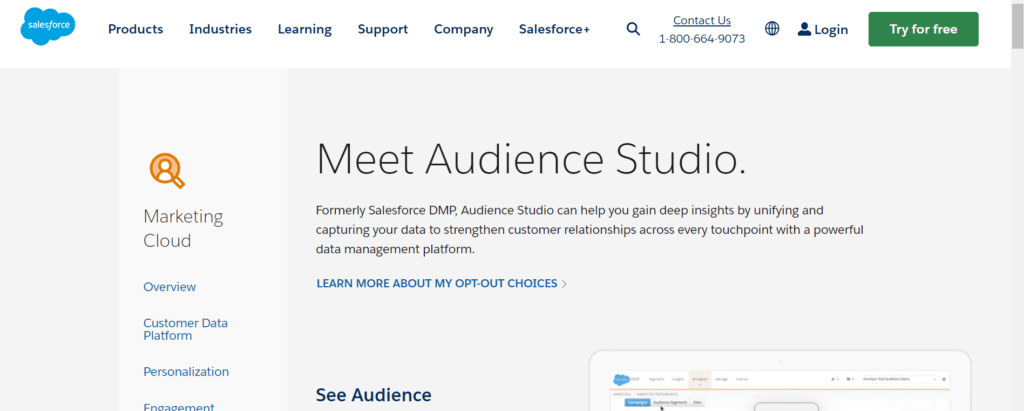
A lot of people are already acquainted with the solutions provided by Salesforce. They also have a popular DMP, which is considered one of the best data management platforms available. Some advantages of using Salesforce DMP are:
Super tag Feature
- Salesforce DMP is designed to manage all tags, giving publishers an edge in retargeting customers. The software makes it easy to keep track of your audience and identify potential new customers.
Quick Support
- Through a ticketing system, Salesforce DMP support resolve queries fast, thus helping publishers sail through the experience.
A recurrent review of the product is the slowness of the system and the limited facilities available as compared to Adobe Audience Manager and BlueKai.
5. SAS Data Management
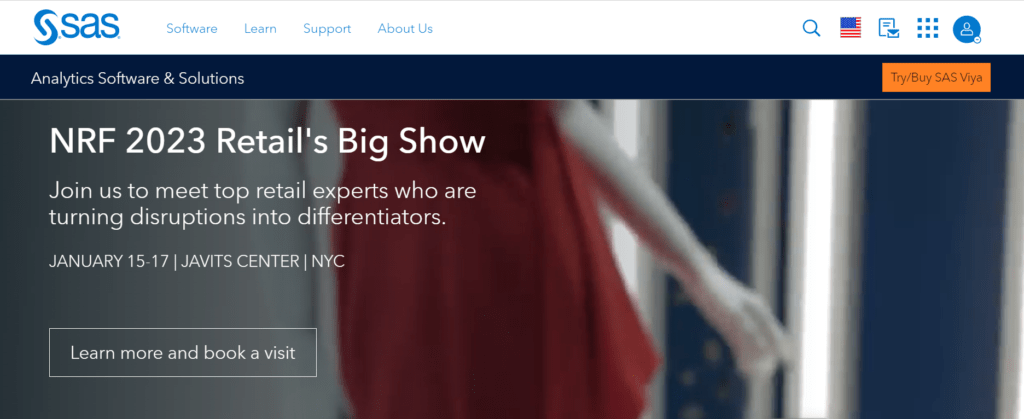
SAS Data Management is one of the oldest DMPs available. It has long served as a reliable data management tool for publishers. Some of its key features are:
- An end-to-end event designer for building and editing data management processes.
- An intuitive, role-based GUI for managing processes with drag-and-drop functionality that reduces the need for programming.
6. Permutive
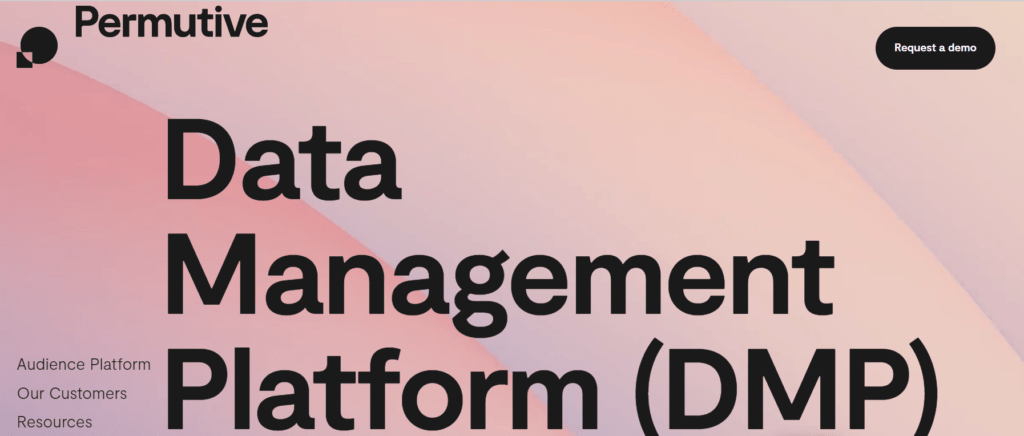
Permutive is another one of the best data management platforms in our recommendation to use in 2023. It can be integrated with other marketing and advertising technologies, such as programmatic advertising platforms and customer relationship management systems, to enable more targeted and efficient marketing efforts.
Integrations
- Can be integrated with other marketing and advertising technologies, such as customer relationship management systems.
- Enhances the efficiency and effectiveness of overall marketing efforts.
Advertising
- It integrates with programmatic advertising platforms to enable targeted advertising efforts and allows for the measurement of advertising campaign effectiveness.
7. Nielsen DMP
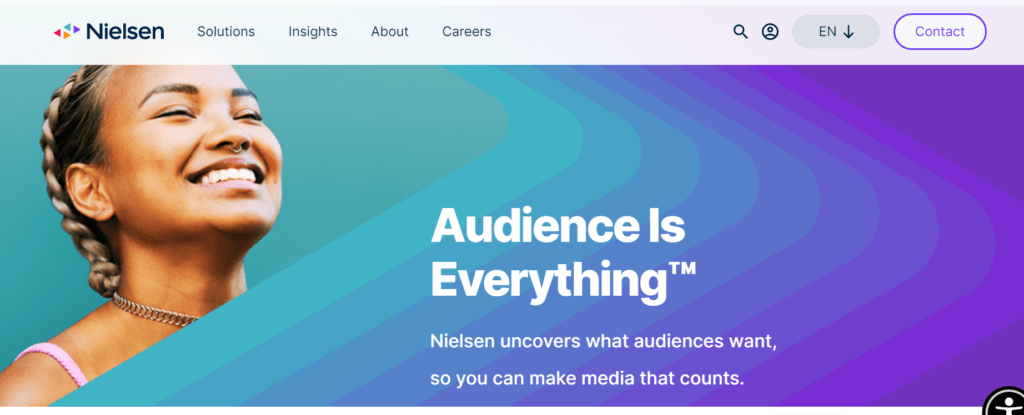
Nielsen Data Management Platform (DMP) is a data management solution offered by Nielsen, a global measurement and data analytics company.
The platform allows for the collection, management, and analysis of data from various sources such as websites, mobile app activity, and third-party data providers.
Connect online & offline Data
- One key feature of Nielsen DMP is its ability to connect online and offline data, allowing businesses to create a holistic view of their customers.
Better Integration
- Nielsen DMP also offers integration with other marketing and advertising technologies, such as programmatic advertising platforms, allowing businesses to run more effective advertising campaigns.
Benefits of Using Data Management Platforms
The benefits of employing a DMP differ based on your industry and what you aim to achieve by using the technology. However, nearly every business could reap the rewards from using data, and thus, a DMP.
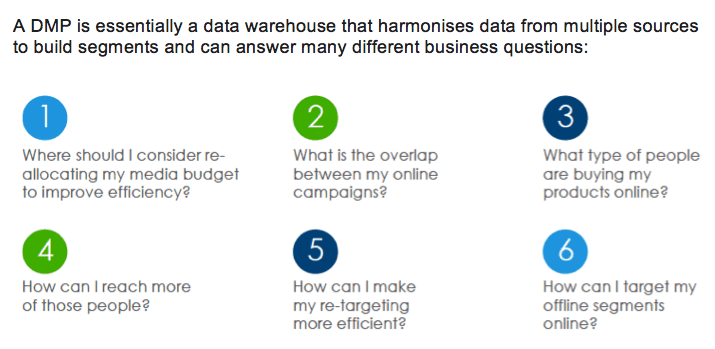
Here are a few of the benefits a data management platform can offer.
1. Increased Revenue
By using a data management platform, businesses can target their ads more accurately to their intended audience. In return, this could lead to a higher conversion rate, more sales, and, most importantly: higher revenue.
2. A Hub for All Your Data
When you use a data management platform, all of your data is consolidated into one platform, making it much easier to manage. DMPs will clean and structure your data so that it can be delivered to you in a way that makes it simple to understand and use.
3. Cross-Device Technology
Your ad campaign will appear on more than one device, so you’ll need to be able to track customer behaviour and interactions across all devices.
This will give you a clear understanding of how your ads are performing and whether they’re reaching the right people.
With a data management platform, advertising may reach customers regardless of the device they are using, thanks to cross-device technologies offered by some data management platforms.
Your advertising will be viewable by anybody, whether they have the most recent iPhone or a dated, dusty PC.
4. Continuous Learning
It’s true data management platforms (DMPs) can offer short-term solutions to issues. But it can also help companies and agencies develop long-term strategies.
A data management platform makes it possible to see data at a large scale it often needs to be seen in order to make sense of it.
Additionally, DMPs provide the opportunity to not only understand past patterns but also predict future ones. This helps organizations take better action based on insights gleaned from data analytics.
5. Save on your Marketing Budget
DMPs are a game-changer when it comes to advertising. No longer do you have to spam the internet with costly ads that may or may not reach your target audience.
Now, you can use a data management platform to specifically target people who have visited your website or even customers who have purchased your products before.
This makes reaching your target audience easier (and cheaper) than ever before.
Also Read: What Is A Customer Data Platform?
How To Choose The Best Data Management Platform
Choosing the right DMP is highly dependent on the niche of your website. Understanding your goals and the objective of your publishing platform is essential to finding the best DMP.
Moreover, according to Invespcro’s study, 54% of businesses find that data quality and completeness are their number one challenge when it comes to managing marketing data. Thus, apart from strong analytical skills, you need a reliable data management platform to work with.
Here are three common metrics for assessing which data management platform will fit your needs:
Return on Investment
Data management platforms can be quite expensive and require a sizable investment. That being said, expecting a high return is only natural.
The best way a publisher can measure this is by evaluating the amount of value a DMP can add to its inventory. Some metrics for measuring this include DMPs providing enhanced insights into the audience, adding structure to the data, and connecting data sources.
Campaign Optimization
A good DMP will always provide options to optimize the campaigns that you run.
Some of the metrics that you can refer to our the provision of both manual and automated campaign optimization, the ability to identify the target audience more suited to buy your product through your campaigns, thus reducing excessive campaign spending, and others.
Data Collection and Organization
Ordinarily, a DMP should be able to aggregate and properly organize first-party data. This includes data acquired from all first-party sources, including CRM, registration lists, online, offline, etc.
Furthermore, the best data management platform should also provide access to second-party data inside the platform. Second-party data exchange details should also be initiated by the DMP itself, saving you time and investment.
Setting Up A Data Management Platform
Setting up a data management platform is a variable process and is dependent on the DMP you choose. It is also a task that requires a substantial amount of expertise and time. However, some general points to keep in point before setting up a particular DMP are:
- Figure out the kinds of data you are planning on gathering, merging, and organizing in the DMP. This could include behavioural data from mobile apps, data collected from CRMs, etc.
- DMPs are expensive. For this reason, it is necessary to define the exact uses you will be needing a DMP. In alignment with those uses, you can accordingly purchase specific features.
- Recruit and enrol qualified data science engineers and project managers who can constantly use DMPs to their exact potential. DMPs are quite technical, and their services can go under-utilized if proper time isn’t invested.
- Understand the methodologies which your DMP uses to quantify and arrange data. Also, how will you work together with your DMP to capture the right data? Data capturing methods should be your priority in getting the most out of your data management platform.
- Sufficient planning is key to extracting maximum benefit from your DMP. Also, comprehensive training before starting with your data management platform experience should be pivotal in ensuring a satisfactory experience.
Who Should Use a Data Management Platform?
Marketers who are looking forward to segmenting the audience for digital advertising can use a data management platform. Using a DMP in marketing can provide you with an array of benefits.
According to Keboola, data and analytics are key to digital transformation for 90% of enterprise analytics and business professionals. This means that if you want your business to succeed, you need to focus on data and analytics.
Data Management platforms work well for constructing look-alike audiences based on certain key data points. As an example, people who reside in South Dakota own an iPhone.
Of all, most marketers don’t just concentrate on digital advertisements. To fully account for the customer journey, it becomes logical to link a data management platform with other components of the Martech stack.
Addressing The Uncertainty Regarding The Future Of DMPs
Recently, Google announced the complete phasing-out of third-party cookies by the year 2022. Inadvertently, publishers and ad tech industry experts are hinting at the probable demise of data management platforms.
Some of the threats looming over DMP technology include increased consumer intervention in regulating user data, the impending demise of third-party cookies, and ad-blocking software.
Some industry experts believe that the technology will outlive its usefulness and may collapse. Other industry experts believe that it will experience an evolution with prominent DMP companies investing in deals and collaborations with publishers to sustain.
“When [Google’s Chrome] announcement came out, some said the DMP was dead. It was an oversimplification and just factually incorrect. There will possibly be more partners in the future. You’re going to need a village of partners with different perspectives to bring datasets together and see what’s what.’ – Adam Solomon, CEO of Lotame for AdAge.
Amongst this confusion regarding the certainty of DMP’s future, the resonating sentiment is that the technology can sustain with partnerships and other techniques. And while that lasts, data management platforms are here to stay and help marketers.
Frequently Asked Questions for Data Management Platforms
An example of data management platforms include:
Adobe Experience Platform: This DMP is designed to help businesses manage customer data across all channels and devices, allowing them to deliver personalized experiences.
A data management platform (DMP) focuses on the third part of data. On the other hand, Customer Data Platforms (CDP) utilize data sources, which include first-party data.
CDPs are designed to cover all marketing aspects, while DMPs are mainly geared toward optimizing ad targeting for advertisers and agencies.
You can use DMP in marketing for several purposes in various ways. Take a look.
Targeting and personalization: DMP in marketing can be used to segment audiences based on their interests, behaviours, and demographic characteristics and to deliver targeted and personalized messages to them.
Campaign measurement and optimization: DMPs can be used to track the performance of marketing campaigns and to optimize them for better results.
Data-driven decision-making: A DMP in marketing can also be used to collect and analyze data from various sources and to use the insights gained to inform marketing strategy and decision-making.
Overall, a data management platform can be invaluable in helping businesses manage and analyze data and use it to deliver targeted and personalized marketing experiences to their customers.

Deepak has a keen eye for detail and a deep understanding of the ad tech landscape. Whether it’s through in-depth articles, thought-provoking insights, or compelling storytelling, he’s dedicated to helping people navigate the complex world of ad tech with the simplicity of his words.
